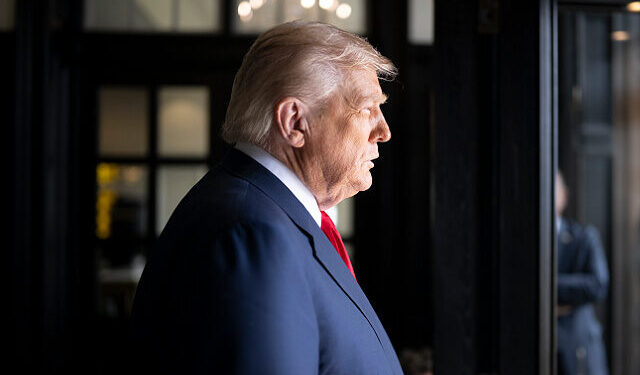President Donald Trump has signed off on a $24.5 million settlement forcing YouTube to pay after suspending his account in January 2021. The suspension came in the wake of the Capitol riot, when Big Tech companies moved in lockstep to silence the sitting President of the United States—a move many saw as an alarming abuse of unchecked power.
According to the Washington Post, $22 million of the settlement will help fund construction of the new White House ballroom, while the remainder will be distributed among other plaintiffs who also accused YouTube of censorship.
The fact that a settlement of this size was reached underscores just how drastically the ground has shifted under Trump’s second presidency. In 2021, Silicon Valley giants were quick to blacklist content that questioned the 2020 election or even encouraged skepticism about government-driven COVID vaccine messaging. Those same companies have now rolled back many of those very policies as Trump runs again—an implicit admission of just how overreaching and unsustainable their censorship regime had become.
At the time, YouTube justified its actions by saying: “After review, and in light of concerns about the ongoing potential for violence, we removed new content uploaded to Donald J. Trump’s channel for violating our policies.” That sweeping rationale was a template used by multiple platforms to silence not only Trump but countless Americans whose views fell outside the approved narrative.
This isn’t the first Big Tech giant to face accountability. Earlier this year, Trump secured a $25 million settlement with Meta after suing the company for “indefinitely” blacklisting his Facebook and Instagram accounts. In that case, $22 million was earmarked for Trump’s presidential library fund, while the remainder covered legal fees and related costs.
The pattern is clear: Big Tech, once emboldened to censor with impunity, is now being forced to backpedal in the face of legal challenges and public pressure. For conservatives, this moment represents more than just dollars—it represents a crack in the wall of corporate censorship that has long targeted political speech under the guise of “safety” and “misinformation.”
When powerful corporations can decide which voices are allowed in the public square, free expression itself is at stake. These settlements are a reminder that the fight against censorship is far from over—but momentum is beginning to shift back toward common sense, accountability, and the First Amendment.




















